The role of a chief in modern day Zimbabwe
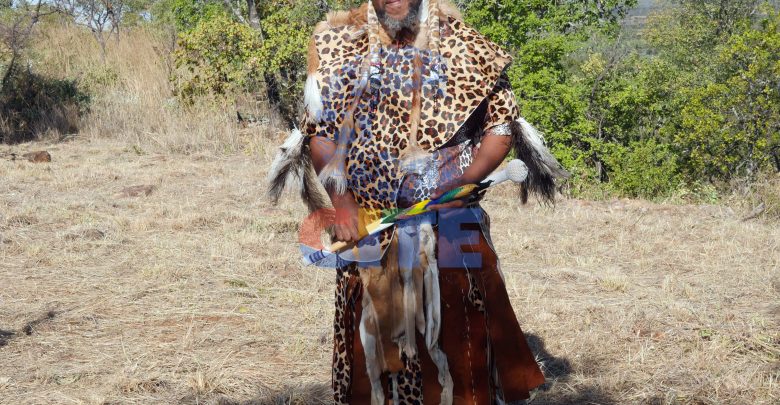
“I hear many people talking and saying Chief Ndiweni this, Chief Ndiweni that, the state media (also screams) Chief Ndiweni but none of them understand what a chief is. Inkosi yini? (What is the role of a chief?)”
This is a pertinent and necessary question posed by Chief Nhanhlayamangwe Ndiweni of Ntabazinduna who for the past weeks has been subject to criticism by the state machinery over his comments made against the Emmerson Mnangagwa led government.
The outspoken chief, riled by what he termed the illegal eviction and subsequent takeover of farming land in his area – Ntabazinduna, said if the administration fails to reform and act accordingly, they were inviting western sanctions upon themselves.
His words did not sit well with the government and the ruling party amid calls for the chief to be dethroned.
The state media in not so many words also threatened to dig up a sex scandal on him.
For those offended by the unusual criticism from a traditional leader, their argument was that the chief had no right to involve himself in politics.
But Chief Ndiweni insists he has a right to talk about the political development in the country as it touches on communities and should speak about what affects him and the people he leads.
He argues he is a chief; this right becomes a huge responsibility to him and if a chief cannot protect his people, what is the point of his chieftainship?
“Let me tell you give you a run down a chief is. A chief is an individual who can speak on any subject whatsoever because within his jurisdiction he is going to have a cross section of political parties that are his children,” he said.
Chief Ndiweni declared that by authority and definition, “a chief is higher than a councillor, a Member of Parliament, a minister, a vice president and even higher than a president.”
“Should you go to the highest office in the land and ask him to reproduce his identity card it will have his chief on it. That chief will be able to summon him at any time, fine him at any time. I know protocol has been broken many times about the status of chiefs but I would like to think that among my fellow colleagues there’s a renaissance going on,” he noted.
The chief said he was a servant of the people and had ‘absolutely’ nothing to gain from the political arena.
“I am chief, legislation forbids me to go and venture into the political area but what I speak about is the nuts and bolts of common life. What I speak about is the current affairs that touch everyone.”
The criticism levelled at Chief Ndiweni illustrates the one of the many ways in which the government seeks to undermine our traditional leadership structures, the same way done by colonial authorities.
Chiefs have been abused and power taken away from them while their disempowering has according to analysts been rationalised and justified by constitutional clauses.
Section 281 of the Constitution states that traditional leaders must: act in accordance with this Constitution and the laws of Zimbabwe; observe the customs pertaining to traditional leadership and exercise their functions for the purposes for which the institution of traditional leadership is recognised by this Constitution; and treat all persons within their areas equally and fairly.
Traditional leaders must not be members of any political party or any way participation in partisan politics; act in a partisan manner; further the interests of any political party or cause; or violate the fundamental rights and freedoms of any person.
Even though chiefs can have freedom of speech and can say whatever they want, this section set limits for their freedom of speech as proscribed by the above.
Cultural Studies scholar, Khanyile Mlotshwa notes that over the years, dating back to the colonial era, there have been attempts by politicians to believe that party politics is the only politics that matter and such kind of thinking sought to undermine the idea that traditional leaders have always been political leaders.
“Although the constitution is clearly a human construct, and humans are prone to make mistakes, somehow constitutions are miraculously without blame. Me and you can make a long list of what is wrong with the constitution right from the process of its making and how it is implemented and therefore open to manipulation today,”
he said adding that it is this long history of the abuse of traditional leaders that Chief Ndiweni seeks to resist.
Mlotshwa added that when chiefs became more outspoken, opponents could always, historically, raise the constitution to censor them.
“Chieftainships such as the Ndiweni one is
older than Zimbabwe and way older than the 2013 constitution. TheNdiweni’s chieftainship is definitely not a result of this constitution or the 1979 negotiated document that we used until 2013,” observed Mlotshwa.
Looking at the case of Chief Ndiweni, one should question whether he was pushing a political agenda or simply called out the government for not running the country well.
In his words, Chief Ndiweni said:
“
Somewhere somehow we have lost our way and if that is the case, then weneed frankness of conversation we do not have time for running aroundhiding playing propaganda things. We need straight talkall the urban areas incountry have become carparks. You buypacket of sugar today next week it has trebled. Our democracy is not right something has gone wrong and all of us need to speak up have a voice, a voice into that conversation which can put our country straight.”


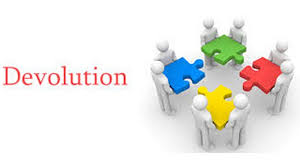
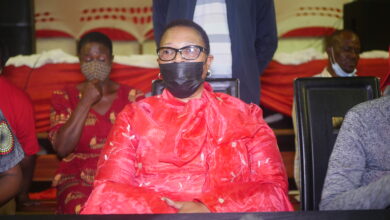

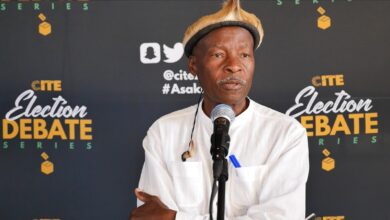
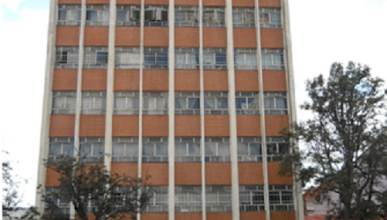
Enlighten ing article, Thank you